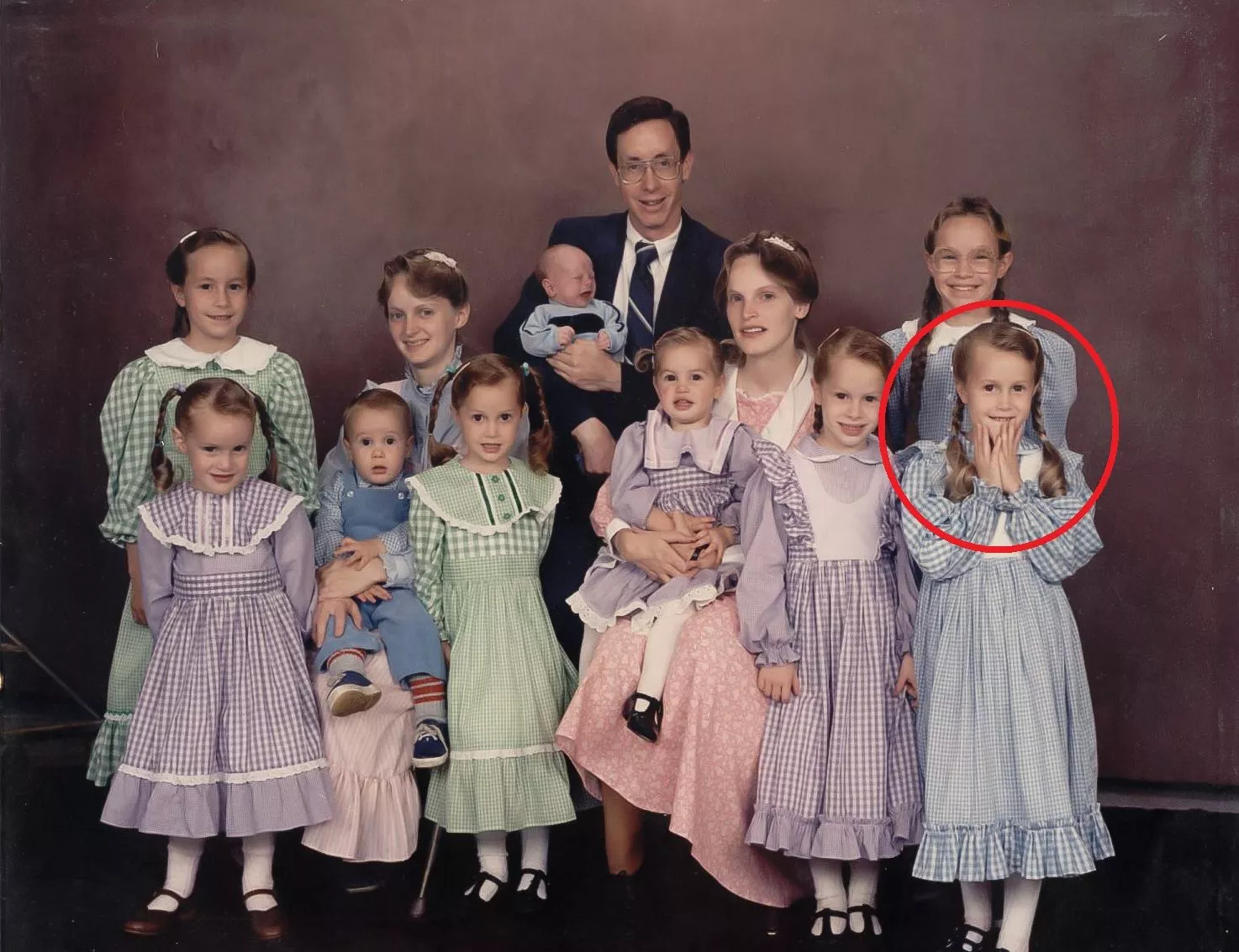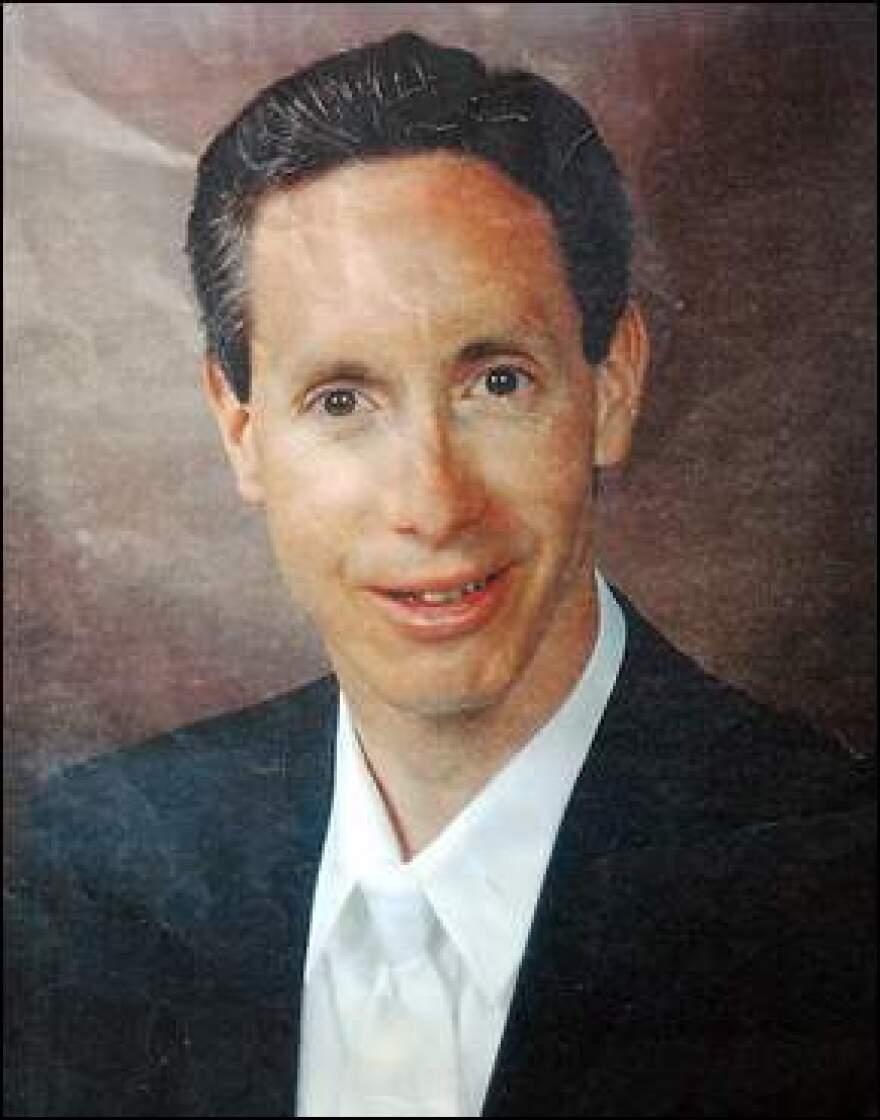Is it possible for a man to orchestrate a religious empire, commit heinous acts, and yet maintain a devoted following from behind bars? The life of Warren Jeffs, the self-proclaimed prophet of the Fundamentalist Church of Jesus Christ of Latter-Day Saints (FLDS), suggests a chilling affirmative.
Born on December 3, 1955, Warren Steed Jeffs name is now synonymous with the darkest corners of religious extremism and the exploitation of vulnerable individuals. His story, a complex tapestry of faith, power, and abuse, continues to unravel even as he serves a life sentence in a Texas prison. The convictions stem from his actions related to child sexual assault, and underscore a disturbing reality within the FLDS, a radical offshoot of Mormonism that embraced polygamy as a core tenet.
| Category | Details |
|---|---|
| Full Name | Warren Steed Jeffs |
| Date of Birth | December 3, 1955 |
| Age (as of 2024) | 68 |
| Place of Birth | Not publicly available |
| Known For | Leader of the Fundamentalist Church of Jesus Christ of Latter-Day Saints (FLDS) |
| Criminal Charges | Child sexual assault, child abuse, rape, assault |
| Current Status | Serving a life sentence in the Louis C. Powledge Unit prison in Texas |
| Education | Served as a principal of Alta Academy, an FLDS private school |
| Successor | Rulon Jeffs (father) |
| Key Accomplishments | Positioned himself as the leader of the FLDS, expanded its influence. |
| Alleged Crimes | Facilitating marriages between underage girls and adult men, child abuse, rape, and assault. |
| Notable Court Cases | Conviction for child sexual assault in 2011, Civil lawsuits from his victims. |
| Reference Website | The New York Times |
Jeffs' ascent to power was carefully orchestrated, a process of inheritance that began in the shadow of his father, Rulon Jeffs, the original leader of the FLDS. As Rulons health declined in the early 2000s, Warren strategically positioned himself as the successor, solidifying his grip on the church's leadership by the time his father passed away in 2002. This transition coincided with the expansion of the FLDS's influence into West Texas, where Jeffs established a stronghold that would later become the site of infamous raids and revelations.
Even as he ascended to the leadership role, allegations of Jeffs' misconduct began to surface. The accusations of sexual molestation, which first emerged from his own daughters on CNNs "This Is Life," painted a dark picture of the environment within the FLDS. These initial claims were just the tip of the iceberg, foreshadowing the widespread pattern of abuse that would later be exposed. The core of the accusations centered on the manipulation of underage girls into marriages with older men, a practice that allegedly enriched Jeffs' power and control.
This involvement in facilitating marriages between underage girls and adult men was central to the legal case that led to Jeffs' downfall. His alleged actions culminated in his being placed on the FBI's 10 Most Wanted list in May 2006, a stark indication of the seriousness of the charges against him. In 2011, the full weight of the law came crashing down when Jeffs was arrested and charged with child abuse, rape, and assault against several underage girls who he considered his "brides." These charges resulted in convictions, the most prominent being child sexual assault, leading to his current life sentence.
The details surrounding the events that led to Jeffs' imprisonment are harrowing. The prosecutions and sentencing were made possible by evidence gathered during a 2008 raid on the "Yearning for Zion Ranch" near Eldorado, Texas. The raid provided investigators with the evidence needed to take the FLDS leader away. Despite the atrocities she recounts, Jeffs still has many followers and has even reportedly continued to oversee his church in the decade since he was sentenced.
From behind bars, Jeffs still maintains an influence over his followers. This persistence of control is a testament to the power of cult dynamics and the profound effect of Jeffs' leadership. Though details of his current day-to-day activities within the prison system are not widely available, reports and accounts from former members indicate that Jeffs has continued to orchestrate activities and communication with his followers outside.
The claims that Jeffs continued to lead his church from prison, even allegedly controlling activities of the church, raises a disturbing question: how can an incarcerated individual wield such influence? Part of the answer lies in the structure of the FLDS itself, a hierarchical system centered on Jeffs' authority. This structure, combined with indoctrination and isolation from the outside world, made it difficult for members to break free and see the extent of the abuses occurring under his leadership. The ability of Jeffs to maintain a degree of control despite his incarceration speaks to the enduring power of charisma and the depth of the loyalty he inspired within the FLDS.
In 2019, it was reported that Jeffs suffered a mental breakdown, a detail that added a layer of complexity to his story. The claim that he was unable to give a deposition in a case against him at the time, raised questions about his mental health and ability to face the accusations leveled against him. The implications of his mental state are not immediately clear, as the court did not elaborate on the details, but they underscore the toll such a life of power, accusations, and confinement can take.
The saga of Warren Jeffs is a stark reminder of the potential for religious belief to be twisted into a tool of control and exploitation. His actions and the subsequent legal battles that have defined his life have brought to light the dark side of the FLDS, an organization that cloaked its practices in the language of faith. It is a cautionary tale about the dangers of unchecked power, the importance of critical thinking, and the resilience of the human spirit in the face of such profound manipulation and abuse.
Jeffs' story also highlights the struggles of his victims. Many of the girls and women who were subjected to his control have pursued legal action and have spoken out about the trauma they endured. Their testimonies offer an important perspective on the true cost of Jeffs' leadership. The damages that he was ordered to pay to former members offer a measure of justice but do not completely erase the scars that they have suffered.
The question of where Warren Jeffs is now can be answered simply: he is in prison. His location is the Louis C. Powledge Unit in Texas, where he continues to serve his life sentence. Despite the years that have passed since his conviction and the attempts to dismantle the FLDS, his story remains important. His actions and their consequences serve as a warning to people of all backgrounds, about the importance of protecting the vulnerable and being aware of those who seek to manipulate and control.
His legacy continues to evolve, shaped by the ongoing stories of his victims, the revelations of those who have escaped his control, and the lessons learned from this extraordinary case. His story offers a reminder of the responsibility each person holds to question authority, value truth, and protect the basic rights of individuals in a world where faith and power can be so easily and dangerously intertwined.


